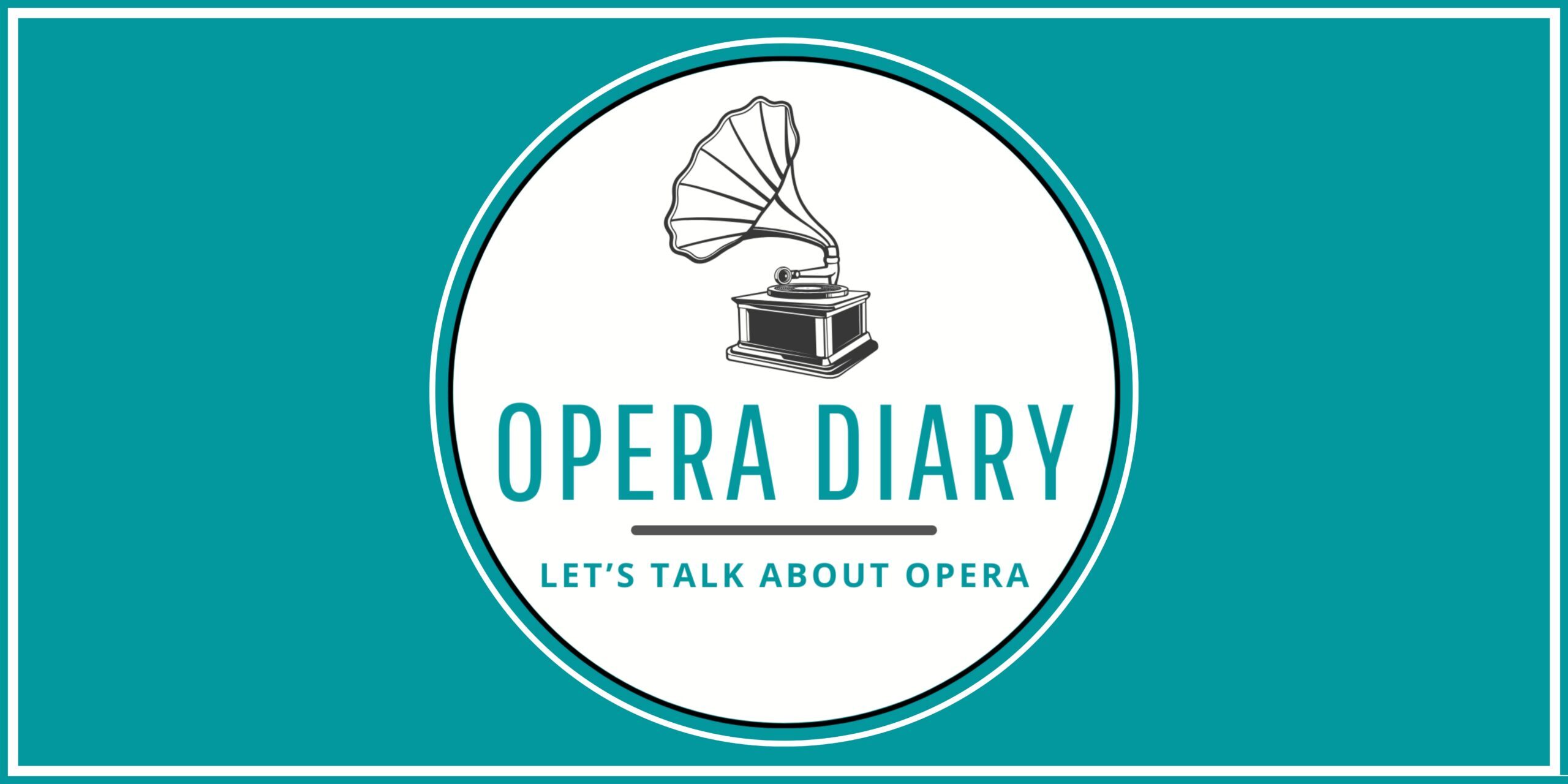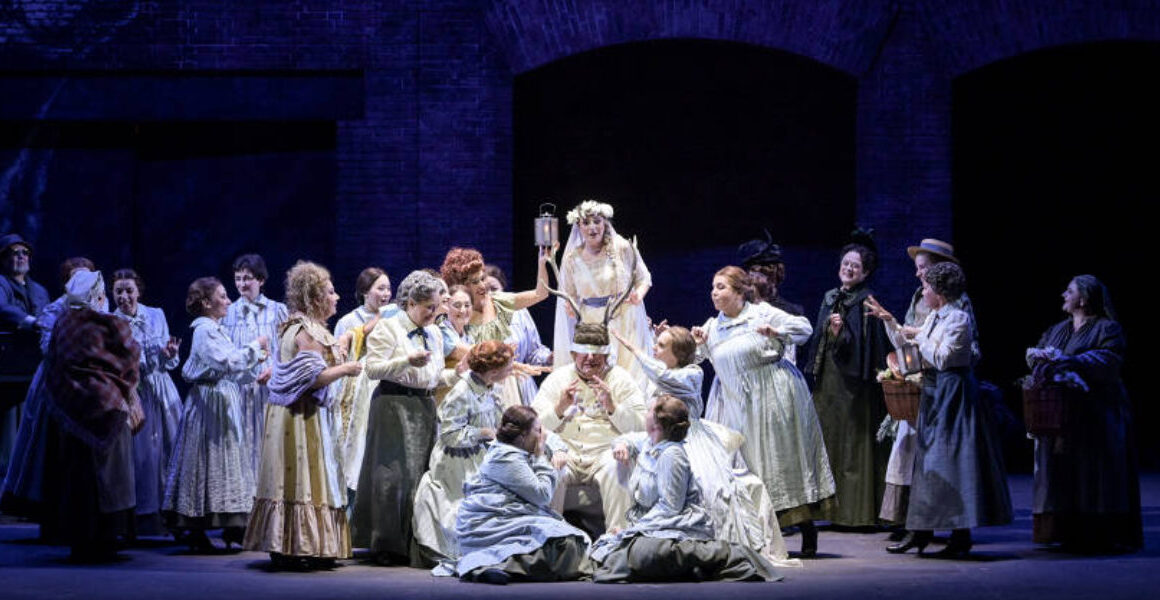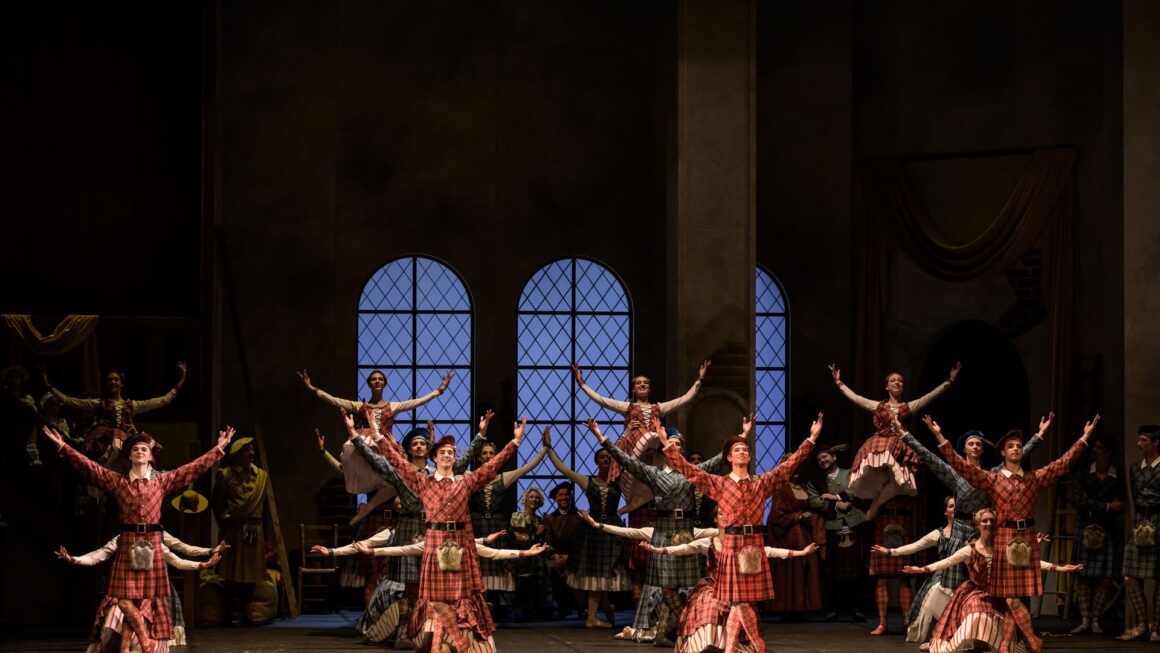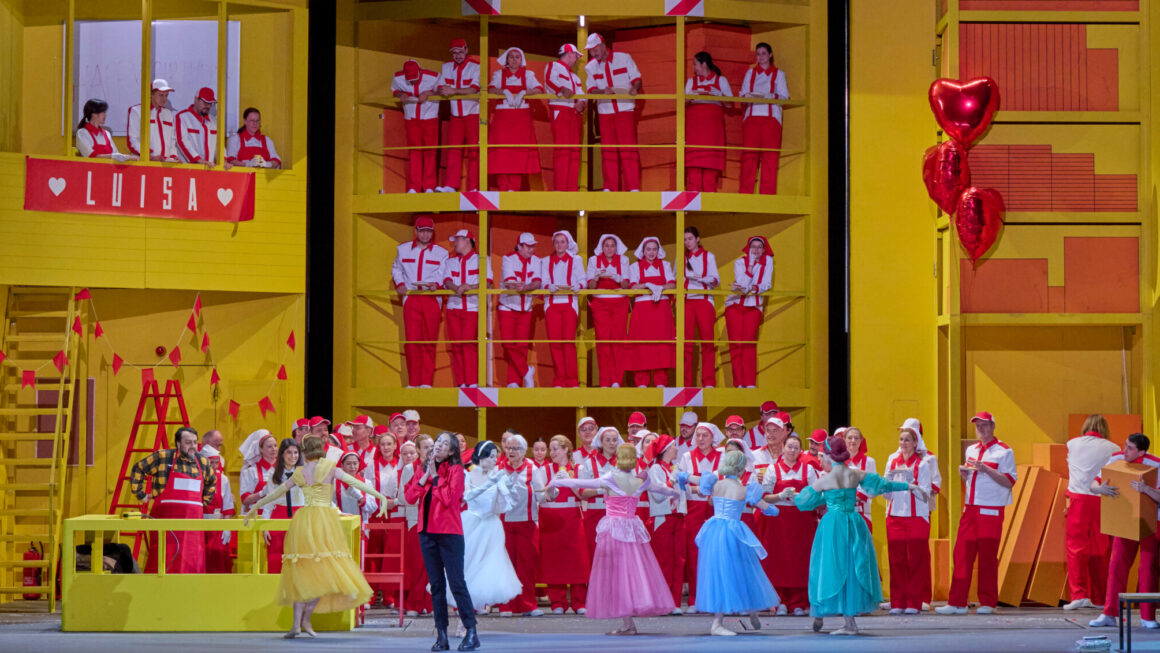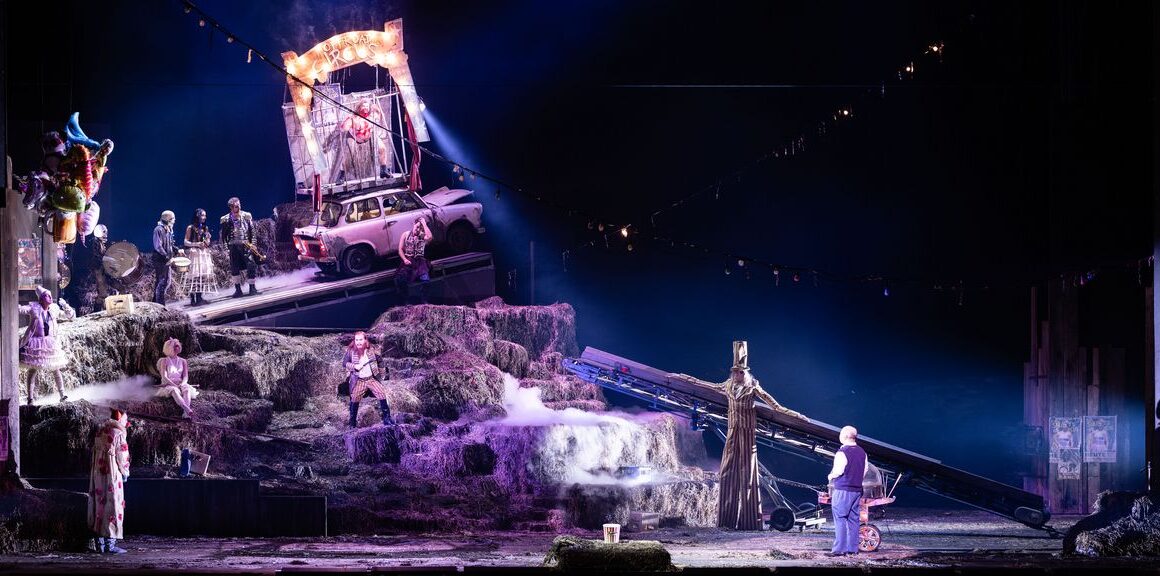And it’s finally back! The paradox of the summer vacation for the opera lover: when you’re hooked… On one side, there’s the rest, and on the other, an almost frenzied anticipation for the season to resume, with its mix of revivals, new productions, and surprises. Falstaff, slated to open the season at the Paris Opera, falls into the first category and sets a joyful – even exuberant – tone for this beginning of the season (we’re particularly excited about the new production of Les Brigands at the Palais Garnier).
For this absolute masterpiece, Verdi’s final and invaluable gift to the operatic repertoire – undoubtedly one of the most complex productions to stage – the Paris Opera retains the staging by Dominique Pitoiset, in place since 1999, and strikes a balance between experience and freshness. Thus, the stage hosts a mix of iconic figures, house newcomers, and rising stars. The gamble pays off completely, placing this Falstaff firmly among the season’s must-see productions.
At the heart of the production is the definitive reference in the title role, Ambrogio Maestri. Superlatives fall short in describing his performance, which is flawless in every respect, honed by over 400 (!) previous portrayals of the Fat Knight. His generous, lush, and perfectly nuanced timbre enchants and captivates, filling the hall to its very corners, supporting a performance that is both believable and bursting with life, embodying the touching, decadent hero. Due to space limitations, we can’t delve further into detail, though there is much more to say about this legendary baritone and generous, touching human being.

Marie-Nicole Lemieux’s Mrs. Quickly – also a seasoned performer in this role – charms with her clarity and effectiveness, perfectly linking the hero with the Windsor gossips. Her rich, full-bodied timbre and precise acting allow the rest of the cast – less familiar with the house – to flourish comfortably around these two cornerstones. In this context, Olivia Boen’s Mrs. Ford delivers powerful, crystalline high notes, with impeccable intonation. Radiant in her solos and synergistic with her partners, she makes a notable and successful debut at the house, as does her jealous husband, Andrii Kymach. We take pleasure in discovering his bronze-toned voice, which complements Maestri’s timbre. His moment to remember is his long duet and solo in Act II (C’e a Windsor una dama), initially perfectly harmonious with Maestri (L’amor, l’amor) and later strikingly credible and nuanced in its dark portrayal of jealousy (è sogno).
Iván Ayón-Rivas’s Fenton is confident and mature, projecting his powerful and rich high notes brilliantly, especially in the Act III solo. The evening’s pleasant surprise comes from his direct partner, Federica Guida, whose warm, dense timbre immediately evokes the greatest names. While her voice might still thicken in some registers, the beauty of her mid-range is stunning, and her natural, controlled power ensures that her Nannetta takes center stage all evening. We want more.
We are delighted to see Marie-Andrée Bouchard-Lesieur and Nicholas Jones, members of the opera company, whose characters, Meg Page and Bardolfo respectively, shine as much for their familiar vocal quality as for their assured performances. Gregory Bonfatti (Dottor Cajus) and Alessio Cacciamani (Pistola) complete the cast, seamlessly integrating into this high-quality framework.
As always, and particularly with such a rich score, the quality of the opera’s orchestra is rediscovered, with Michael Schønwandt drawing sublime sounds – notably in the darker moments that highlight the brass.
Bravo, merci, and we look forward to what’s next!

